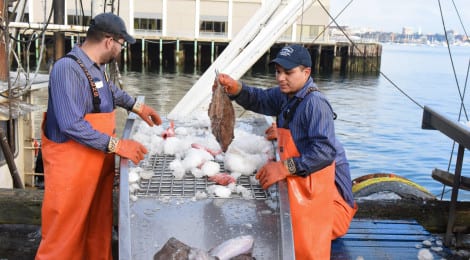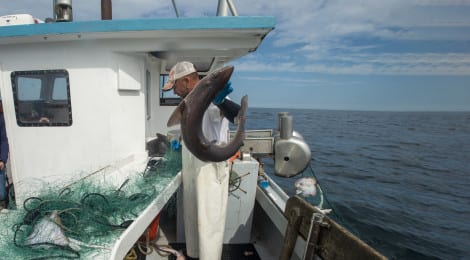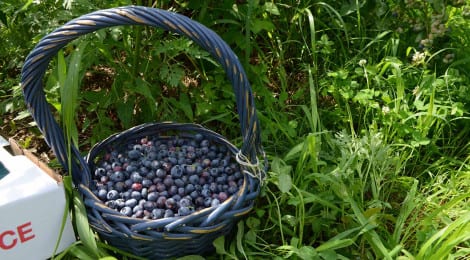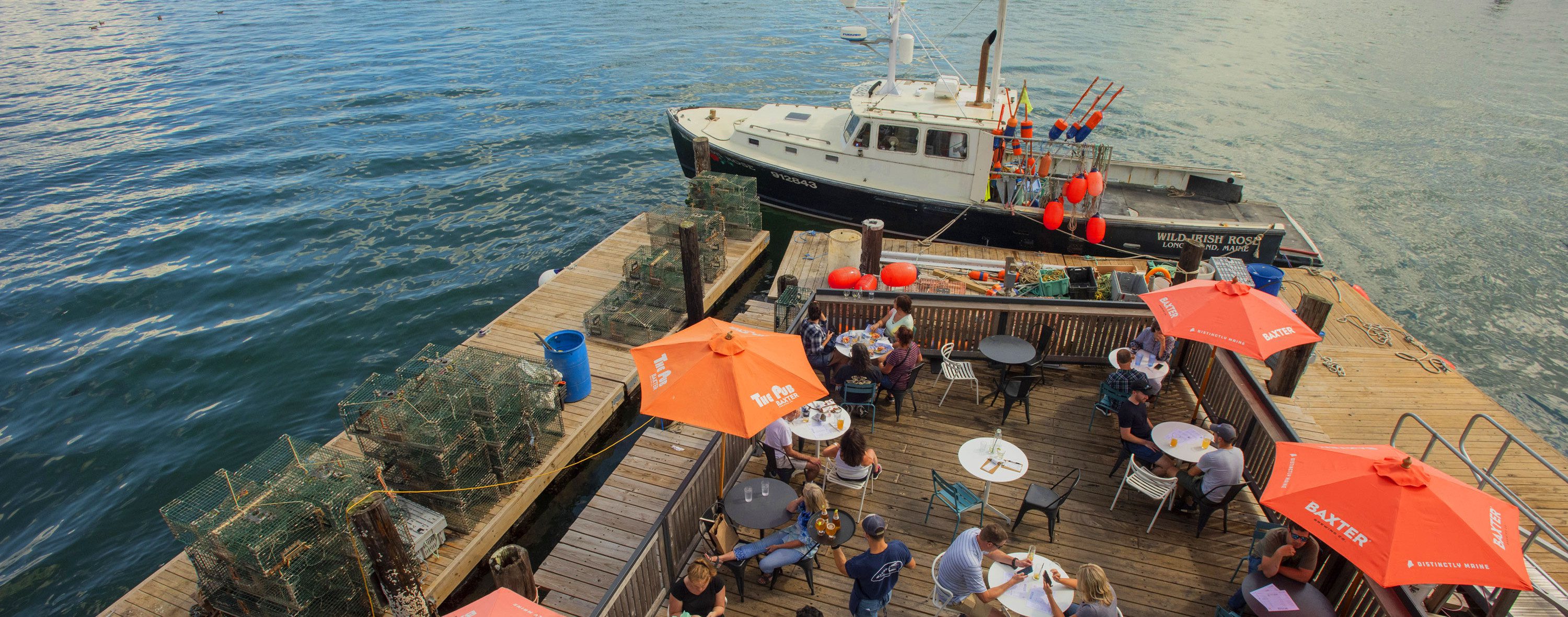
Grantee Profile
Creating Community Through Local Seafood
The Gulf of Maine Research Institute (GMRI) pioneers innovative solutions to global ocean problems by prioritizing locally focused, globally relevant, and collaborative initiatives.
Currently, 90% of the seafood Americans eat is imported and 70% of seafood sales occur outside the home in institutions like restaurants. When the pandemic shut down major institutions like restaurants last March, the seafood industry found themselves cut off from their primary market. Even without a global pandemic, winter is a difficult time for Maine restaurants. The combination of COVID-19, decreased tourism, and winter presented an opportunity for GMRI’s Seafood Program to create an innovative solution.
As their restaurant partners grappled with the lingering effects of COVID-19, Kyle Foley and her team of three were inspired by Split the Bill NY in Long Island to launch the Split the Seafood Bill Initiative. GMRI’s Seafood Program works to create viable markets and opportunities for local seafood by collaborating grocery stores, institutions, and restaurants to move more seafood from the region into the marketplace. Kyle Foley, the Sustainable Seafood Program Manager, describes the collaboration as an opportunity “to help those businesses move more seafood from the region into the marketplace and to give their customers a way to recognize that this food is local.”
On February 18, 2021, GMRI launched a five-week campaign that reimbursed customers up to $30 when they ordered locally sourced seafood at any of their Culinary Partner locations. Since the restaurant losses were especially impacting the seafood industry, the team wanted to “motivate people to get takeout or go out to eat, support our restaurant partners, and to think specifically about ordering seafood.” The initiative aimed to not only boost sales but to raise awareness of the difficulties that both the seafood and restaurant industries face. Henry P. Kendall Foundation funding went into the pool of funds for reimbursing customers purchasing seafood at these local businesses.
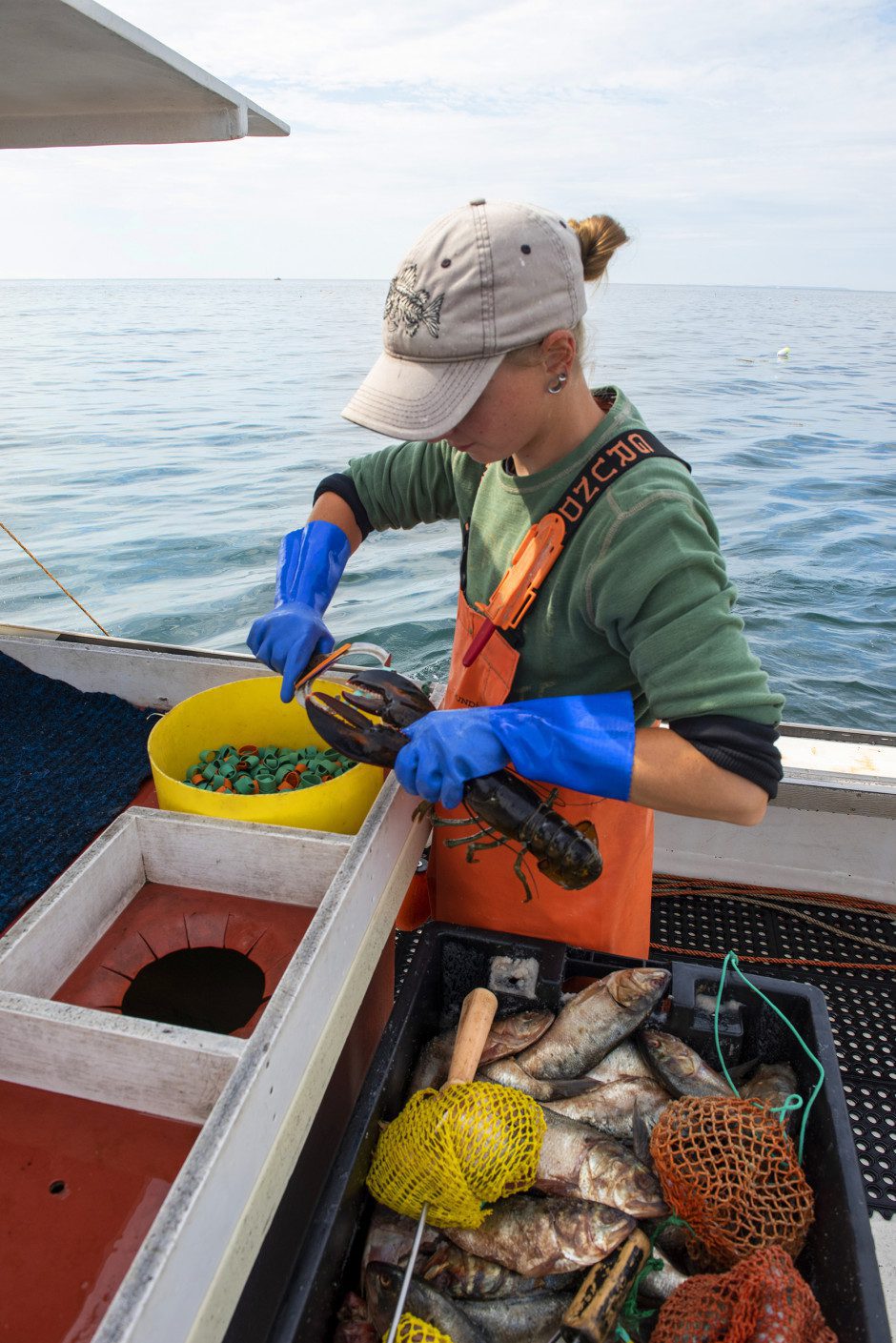
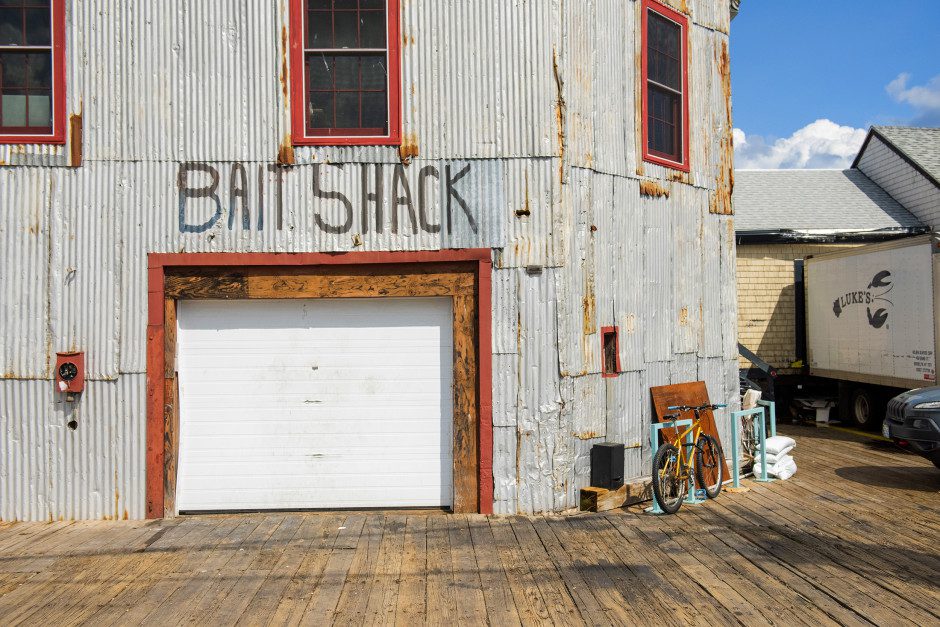
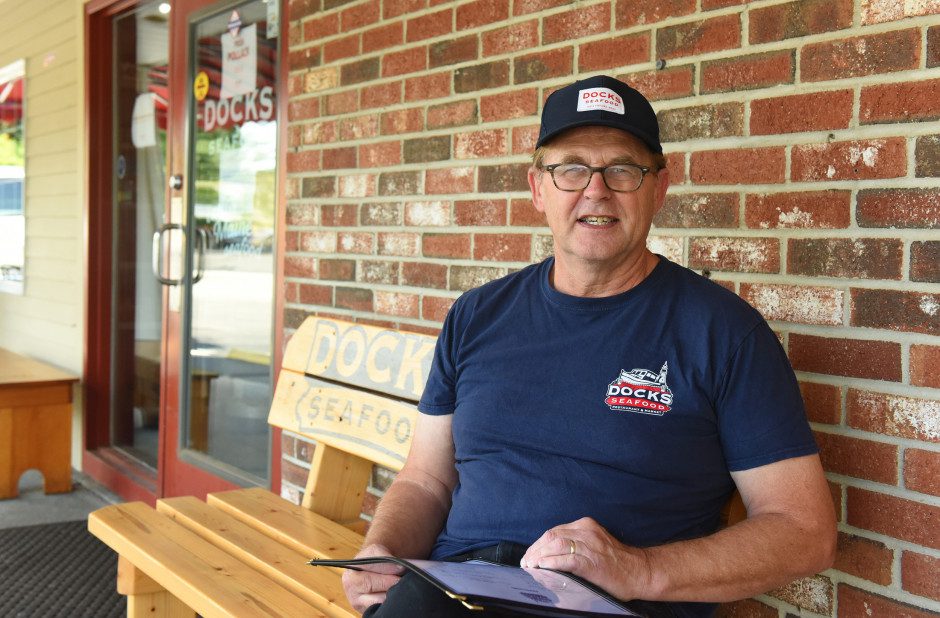
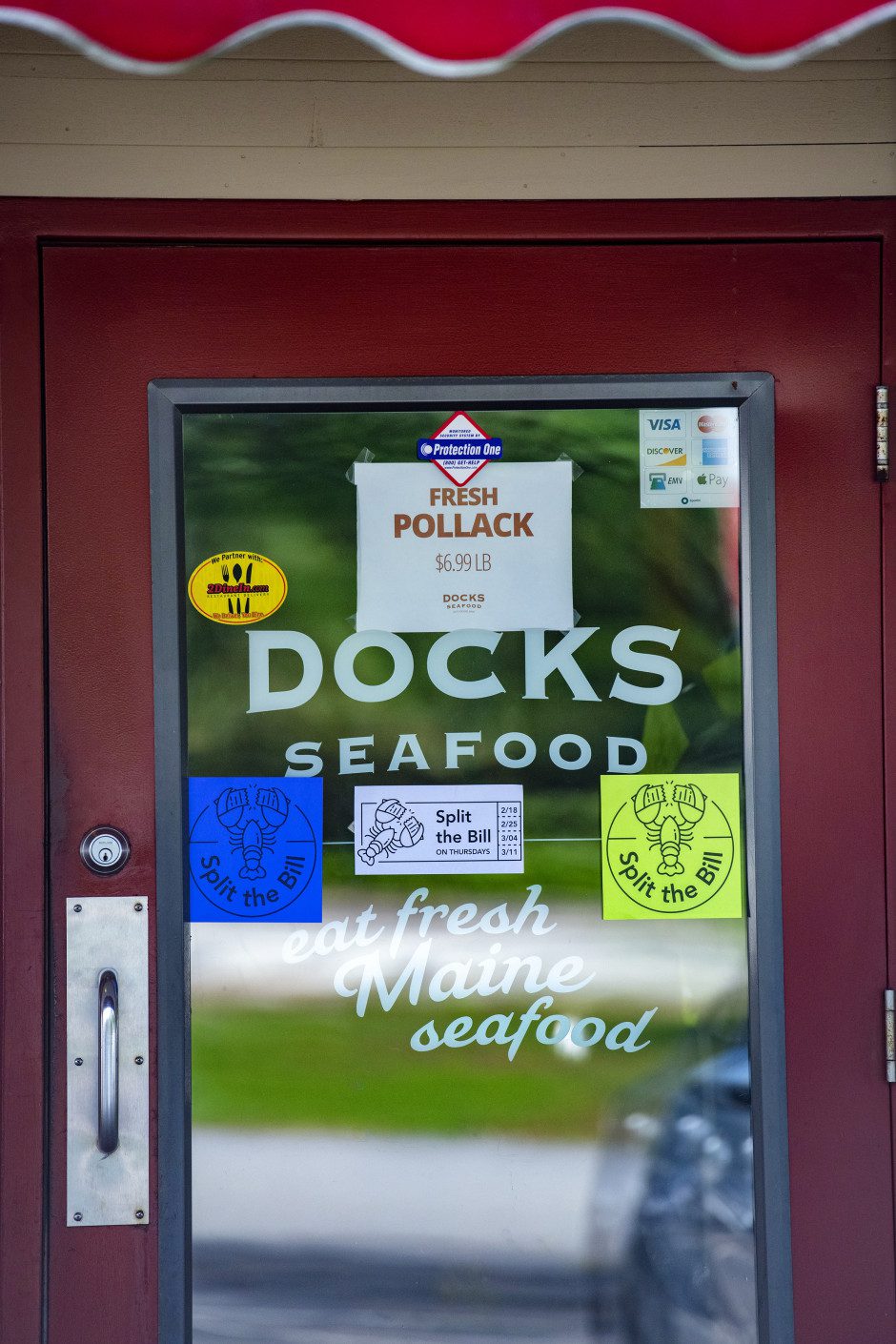
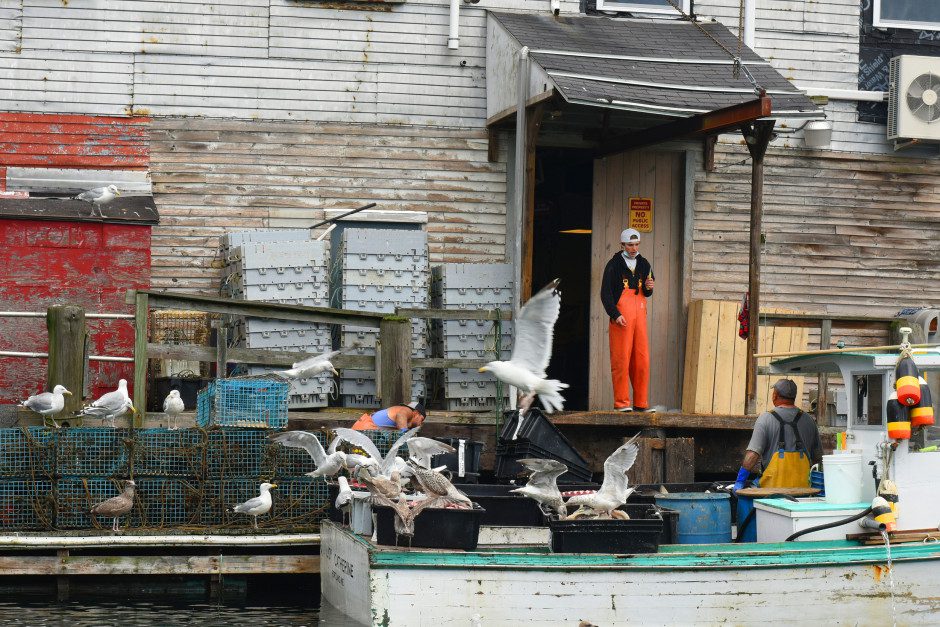
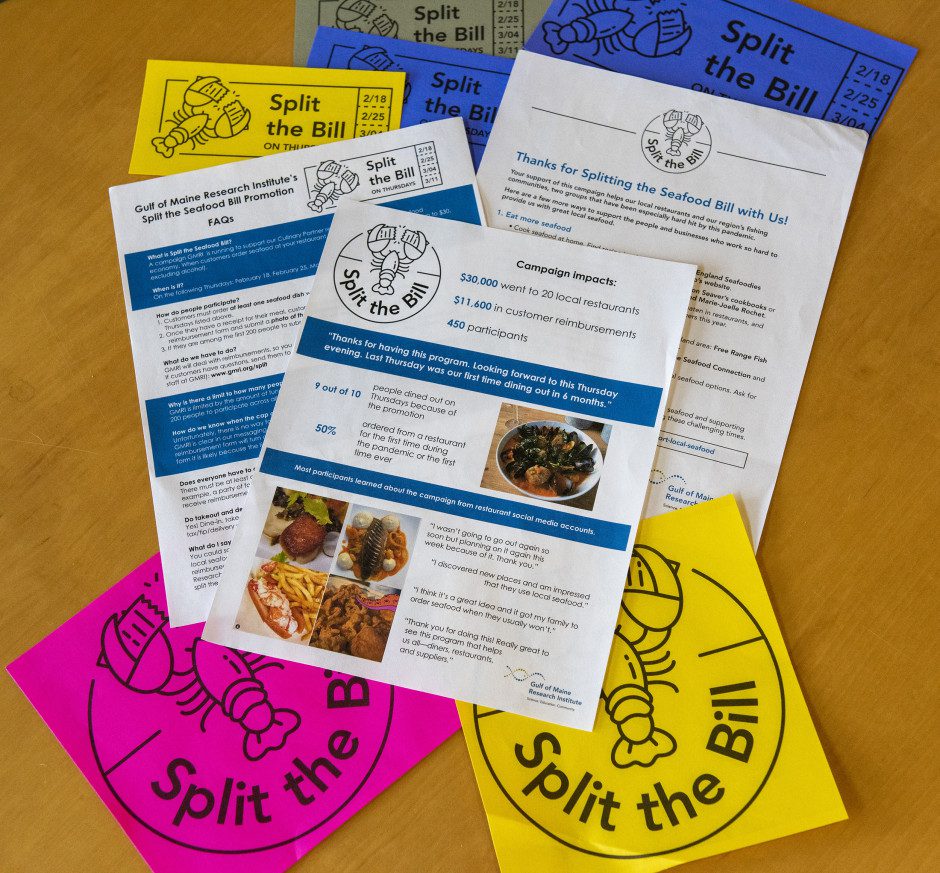
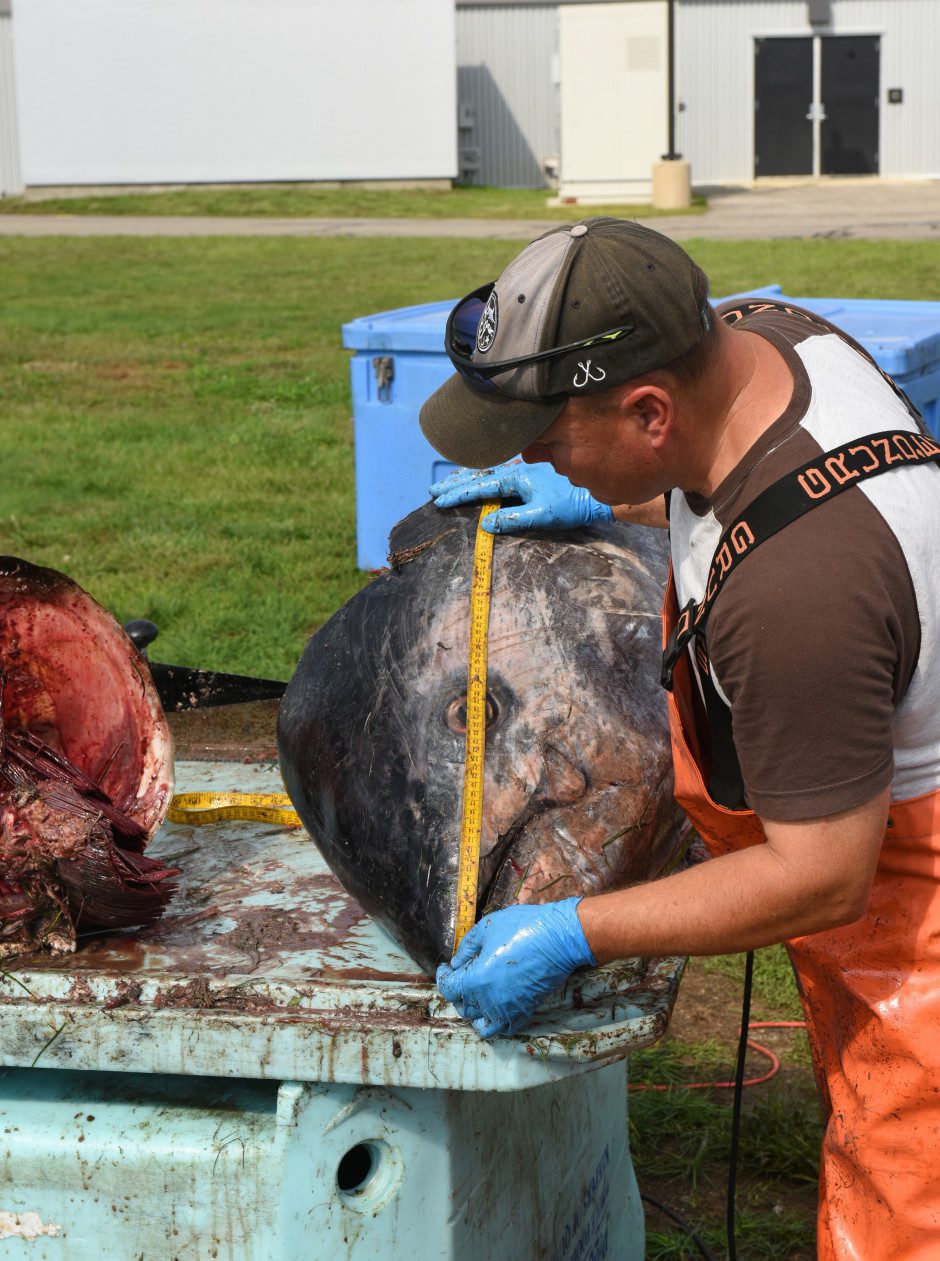
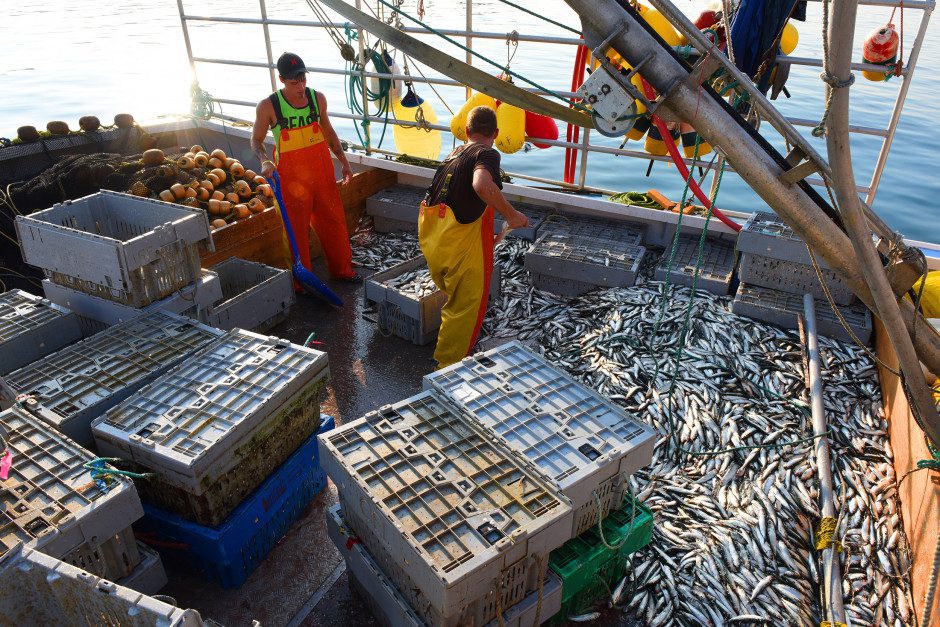
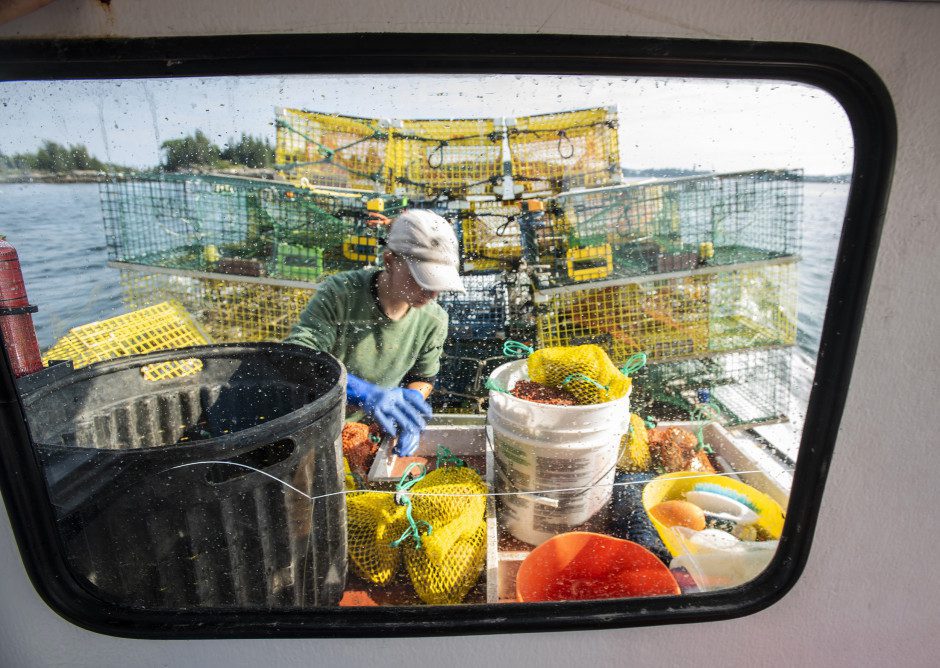
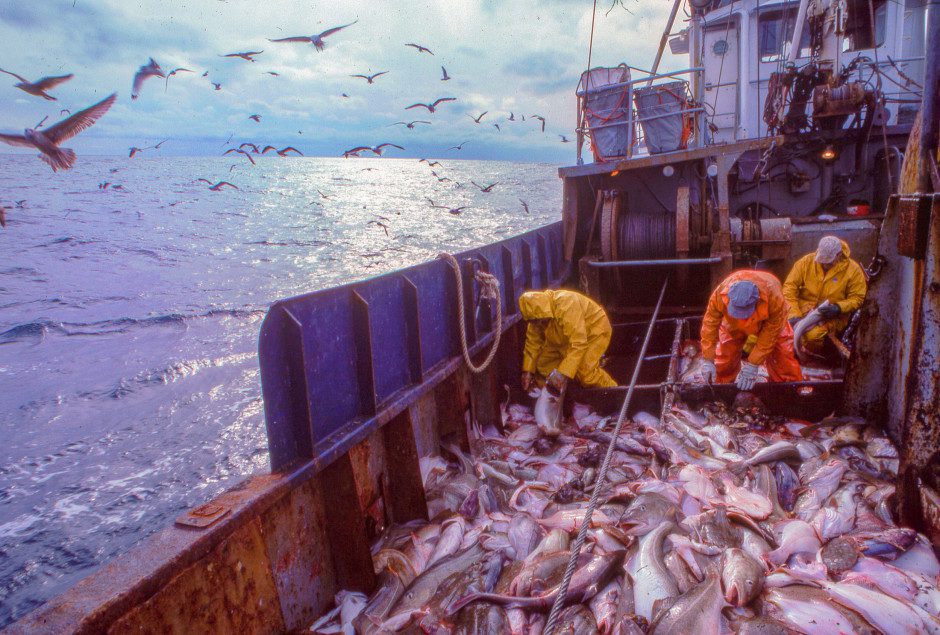
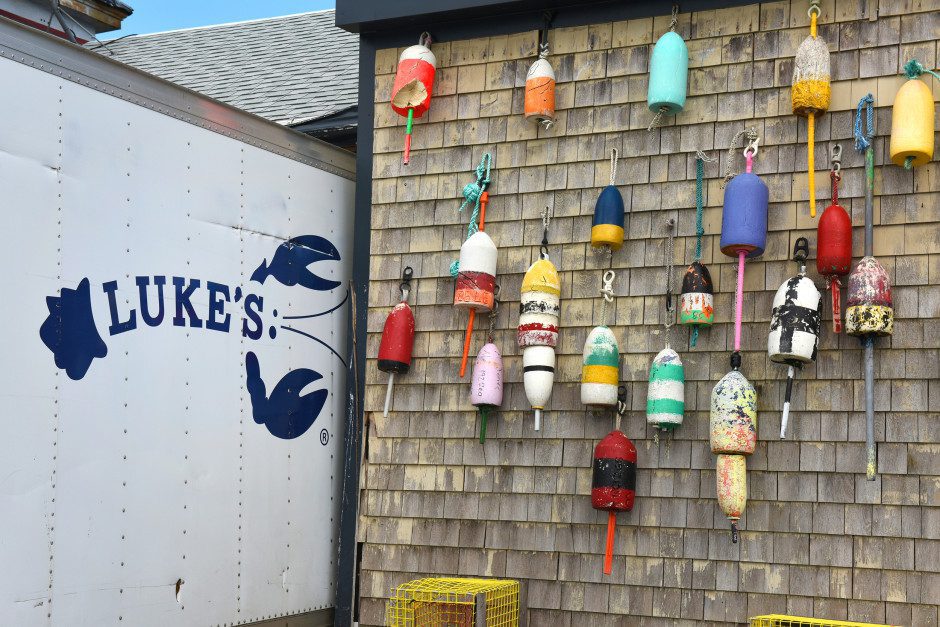
The Split the Seafood Bill presented an opportunity for GMRI to collaborate with Portland-based culinary partners while addressing regional goals of a sustainable and resilient local food system. As Adam Baukus, GMRI’s Sustainable Seafood Project Manager, says, “It takes an engaged partner to commit to local seafood.” Chris, the owner of Dock’s Seafood in Portland, ME, appreciated that both locals and tourists were engaged. “During the pandemic, we saw our sales flatten out. People wanted to support local restaurants and knew that what we carry here is local and fresh. Compared to 2020, our sales were up, and we were able to promote local species.” Dock’s Seafood plans to participate in the program again and the restaurant is looking forward to developing e-commerce options for fresh local products. “It’s on restaurants to promote local seafood and to entice customers to try something different,” Chris explains. “Customers won’t know that we have local seafood until we tell them it’s here.” Of course, education is an integral aspect of GMRI’s work. The more consumers know about where their food comes from, the more likely they are to advocate for the availability of fresh, local New England species or underutilized species of fish.
Over the course of the campaign, 20 restaurants and over 500 consumers participated, with more than $13,000 reimbursed to customers. Restaurants saw a boost in sales on Thursday campaign nights, and in surveys consumers described trying new restaurants with local seafood and feeling inspired to go out even during the pandemic. One participant, Rachel Fectaeu, wrote that she “will definitely be more aware of what local restaurants are offering Gulf of Maine seafood,” demonstrating the long-term impacts of Split the Seafood Bill.
According to GMRI’s surveys, over 50% of people who participated in getting reimbursed were going to a restaurant for the first time ever or for the first time during the pandemic, and 90% of participants reported that the campaign inspired them to go out. Kyle adds that her team “felt a lot of gratitude for the restaurants, who put forth some concrete effort trying to help during a difficult time.” Mike Wiley, owner of Eventide Oyster Co., says that “the pandemic served up extra helpings of bleakness this winter and by dint of luck, hard work, government intervention and the help of those of you in our community, we’ve survived.”
As GMRI reflects on the program, the team is hopeful about replicating the initiative, perhaps even as an annual event during the winter. Kyle explains that because so much seafood is consumed in restaurants, those institutions can “push the envelope by exposing consumers to less familiar and under loved seafood from the region.” People in the fishing industry need a diversity of species and products to have a long-term livelihood. The more people order seafood on the menu, the easier it is for restaurants to put a greater diversity of seafood on the menu, which helps fishing communities thrive.
As the world begins to cautiously re-open, consumers can continue to support local restaurants and local producers by going out to eat, ordering out, and asking where the restaurant’s seafood comes from. Kyle and her team encourage consumers to be a little more adventurous and intentional about choosing local when they go out to eat. “When we as consumers choose the same items on the menu over and over,” Kyle says, “we make it harder for restaurants to justify putting multiple seafood items on the menu.” Consumers have the power – and responsibility – to make decisions that support our local community and promote greater understanding about local food systems.
During the pandemic, we saw our sales flatten out. People wanted to support local restaurants and knew that what we carry here is local and fresh. Compared to 2020, our sales were up, and we were able to promote local species.
